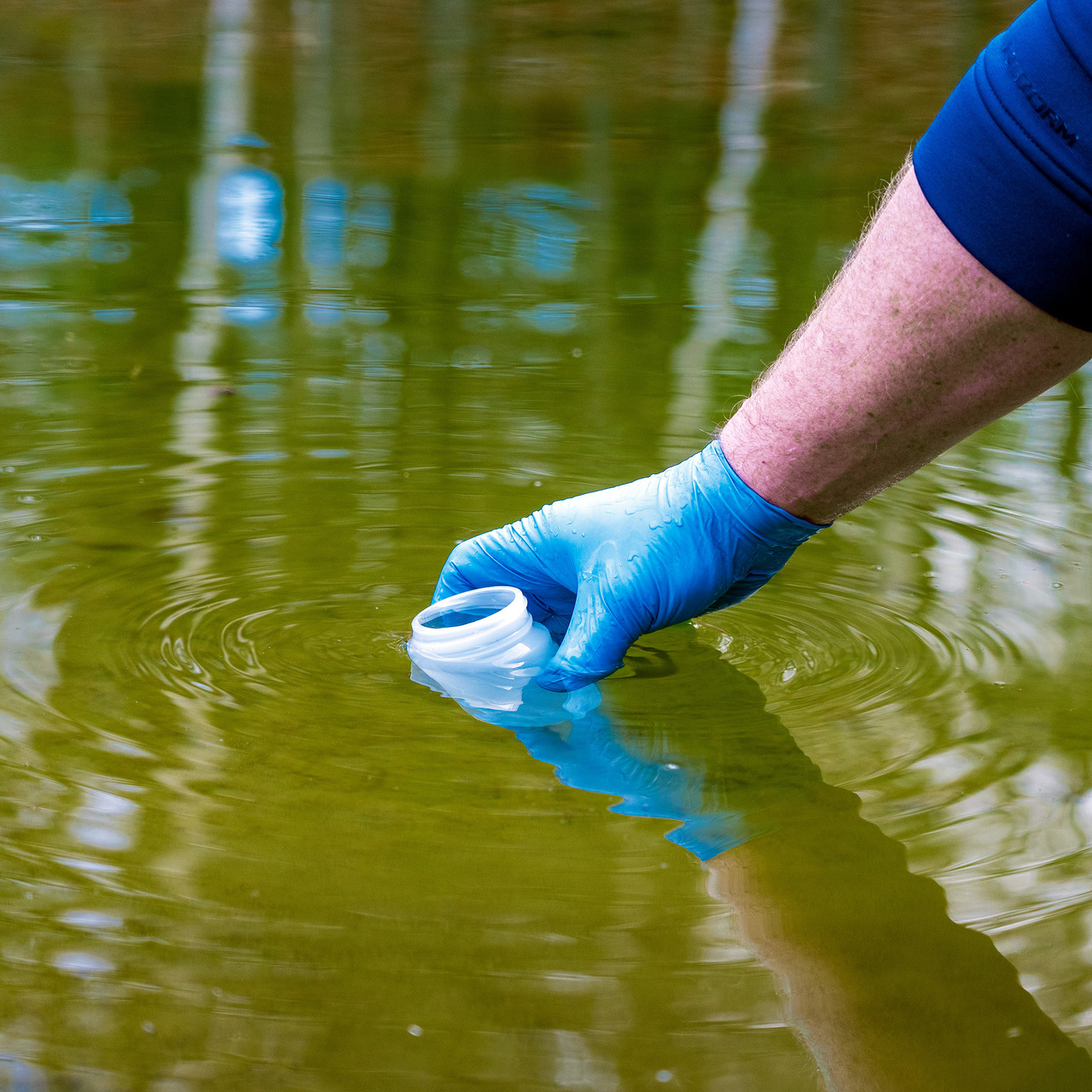Leading Water Testing Service: Ensure Your Family's Security Today
Leading Water Testing Service: Ensure Your Family's Security Today
Blog Article
Learn How Water Testing Can Discover Contaminants and Protect Your Household's Wellness
Recognizing the importance of water screening is vital for securing your family members's wellness, as our water supply can harbor hidden dangers. By checking out the mechanics of water testing, one can reveal the unnoticeable risks lurking in relatively excellent water sources.
Relevance of Water Testing
Identifying the critical duty water plays in sustaining life, the relevance of water screening can not be overstated. Water is a fundamental source, necessary for alcohol consumption, food preparation, cleanliness, and various commercial procedures. Its top quality straight impacts public health and wellness and well-being. Ensuring that water is totally free from damaging compounds is crucial for preserving healthy and balanced neighborhoods and environments.
Water screening acts as an aggressive action to identify possible threats that may endanger water top quality. Through systematic analysis, it aids find physical, chemical, and biological specifications that could position dangers to human health. Routine testing permits the very early discovery of issues, assisting in prompt interventions to stop extensive contamination and connected illness.
Moreover, water screening sustains regulative conformity, making sure that water companies meet established safety and security requirements and standards established by governmental authorities. It fosters openness and responsibility, developing public count on the water system system. In addition, screening offers valuable information that informs water monitoring techniques, enabling sustainable usage and preservation of this precious source.
Essentially, water screening is an essential device that safeguards public health, ensures regulative adherence, and promotes the lasting administration of water sources. Its value in shielding both people and communities can not be ignored.
Typical Water Contaminants
Amongst the different components that can compromise water quality, usual water impurities consist of a variety of physical, chemical, and organic materials that posture substantial threats to human health and the environment. Physical contaminants typically involve debris or natural products suspended in water, which can influence clarity and taste. Chemical contaminants incorporate a wide variety of materials, consisting of pesticides, herbicides, steels like lead and mercury, and commercial chemicals. These chemicals can penetrate water materials through farming overflow, industrial discharges, or leaching from pipes and storage space containers.
Organic contaminants, largely germs, viruses, and protozoa, arise from human and animal waste getting in water systems. Virus such as E. coli, Giardia, and Cryptosporidium are well-known for creating stomach ailments and can be specifically dangerous to children, the elderly, and those with jeopardized immune systems. Nitrates and nitrites, often stemming from plant foods, posture an additional health and wellness threat, specifically to babies, potentially causing problems like methemoglobinemia or "blue baby syndrome."
Additionally, emerging contaminants, consisting of drugs and individual care products, have raised issues because of their persistence and unknown long-term effects. Comprehending these impurities is critical for executing reliable water therapy methods and making sure safe alcohol consumption water.
Exactly How Water Screening Works
Recognizing the range of impurities in water emphasizes the relevance of reliable screening methods to secure public health and wellness. Water screening is an organized procedure designed to identify and quantify different pollutants that might pose threats to human health and wellness. This includes a collection of logical treatments that identify impurities such as germs, hefty metals, natural chemicals, and various other pollutants. The screening procedure generally starts with example collection from the water source, guaranteeing that samples are uncontaminated and representative throughout the collection procedure.
Chemical testing frequently entails spectrometry or chromatography, both of which can identify and gauge details chemical compounds. Additionally, physical characteristics like ph, color, and turbidity are examined to supply understanding right into the general high quality of the water.
The specific approaches employed in water screening depend upon the details impurities of concern and the water's meant use. By regularly using these extensive Water Tesing Services Orlando screening protocols, researchers and public health officials can ensure the safety and security and quality of water, therefore securing areas from possible health and wellness dangers.
Choosing the Right Test
The initial step is evaluating the water source-- be it local, well, or surface area water-- as each has distinct risks. Community water may need screening for disinfectant byproducts, while well water might need testing for nitrates, germs, and hefty metals.
Following, think about environmental variables and recent events. Nearby agricultural tasks could require screening for chemicals and herbicides, whereas industrial zones might need look for chemical contaminants. Additionally, any kind of modifications in water taste, smell, or look ought to trigger specific screening for common pollutants like lead, chlorine, or biological pathogens.
Specialist water testing solutions provide comprehensive packages that target a variety of possible pollutants. These sets typically line up with standards established by the Epa (EPA) or neighborhood health and wellness divisions. For an extra customized technique, consulting with a water high quality professional can supply understandings into which specific tests are needed based upon regional concerns and private health and wellness requirements, making certain the protection of your house's well-being.

Maintaining Water Safety

Along with screening, proper upkeep of water supply plays an important role. This consists of servicing and examining pipes systems, tank, and septic tanks to stop leaks or backflow that can present impurities - Water Testing Service. Employing water filtration systems designed to attend to certain neighborhood issues can even more secure versus contaminations, giving an additional layer of security
Public awareness and education are just as essential in maintaining water security. Areas ought to be notified concerning potential dangers related to regional water sources and the required steps to minimize them. Encouraging public engagement in water safety initiatives fosters a cumulative responsibility that enhances general performance.
Inevitably, a detailed strategy that incorporates regular testing, system maintenance, and community participation is necessary in safeguarding water quality. By doing so, family members can be ensured of risk-free and tidy water, securing their wellness and health.

Conclusion
Regular water screening is essential for recognizing impurities such as germs, heavy metals, and chemicals that position health and wellness risks. By examining water samples, undetected dangers can be identified, making certain the provision of risk-free alcohol consumption water. This proactive technique helps produce a much healthier environment and helps with informed decision-making concerning water safety and security. Picking appropriate testing techniques and preserving caution in water top quality are crucial actions in safeguarding public health and guaranteeing the health of all home members.
Understanding the significance of water screening is important for safeguarding your family's health, as our water supply can nurture unseen risks.Water screening serves as a positive measure to identify potential hazards that might endanger water high quality.In addition, water testing sustains regulative compliance, ensuring that water carriers meet established safety requirements and guidelines set by governmental authorities. Local water may require screening for disinfectant by-products, while well water might need testing for nitrates, microorganisms, and heavy steels.
Regular water screening is an essential component in keeping the high quality of water resources, enabling prompt treatments prior to pollutants reach hazardous degrees.
Report this page